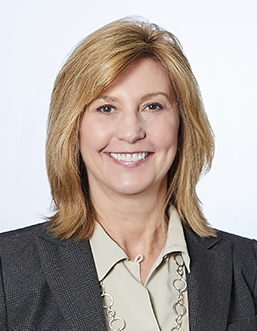The Fourth Circuit held in Cantwell-Cleary Co. v. Cleary Packaging, LLC, 2022 U.S. App. LEXIS 15627 (4th Cir. June 7, 2022), that a Subchapter V debtor who confirms a plan over the objection of creditors cannot discharge the types of debts specified in 11 U.S.C. § 523(a). § 523(a) states, “A discharge . . . does not discharge an individual debtor from [certain enumerated debts, mostly involving intentional torts and other misconduct].” In contrast, § 523(a) does not limit a corporate debtor’s ability to discharge debts in traditional chapter 11 cases that are based upon fraud and other intentional torts.
Essentially, the Fourth Circuit Court of Appeals ruled that § 523(a) applies both to individuals and corporations receiving a discharge under § 1192.
Congress enacted subchapter V as an alternative to the traditional chapter 11 bankruptcy process. Subchapter V’s objective was a streamlined proceeding under which small businesses could obtain bankruptcy relief a shortened timeframe and at reduced administrative cost. As enacted, the SBRA permitted only companies with non-contingent liquidated debts of less than $2,725,625 to qualify for subchapter V. The debt ceiling was subsequently raised to $7.5 million through June 21, 2024.
Under Subchapter V, a plan proposed by the debtor may be confirmed either by consent of all classes of creditors entitled to vote on the plan, or without the consent of these creditor classes. Per the Fourth Circuit, a Subchapter V Plan confirmed on a nonconsensual basis provides for the debtor to receive a discharge except any debt specified in § 523(a).
However, other courts have held there is no such thing as nondischargeability for corporate Subchapter V debtors. In other words, exceptions to discharge under § 523(a) do not apply to corporate debtors receiving a discharge under § 1192.
The most recent decision is out of the Middle District of Florida. Nutrien AG Solutions Inc. v. Hall (In re Hall), 22-01326 (Bankr. M.D. Fla. April 13, 2023). The bankruptcy judge from the Middle District of Florida disagreed with the Fourth Circuit decision and instead agreed with five bankruptcy courts that have addressed this issue. Those courts concluded that the exceptions to discharge under § 523(a) do not apply to corporate debtors receiving a discharge under § 1192. Avion Funding, 647 B.R. at 351-52; Jennings v. Lapeer Aviation, Inc. (In re LaPeer Aviation, Inc.), Adv. No. 22-03002, 2022 Bankr. LEXIS 1032, 2022 WL 1110072 (Bankr. E.D. Mich. Apr. 13, 2022); Catt v. Rtech Fabrications, LLC (In re Rtech Fabrications, LLC), 635 B.R. 559 (Bankr. D. Idaho 2021); Cantwell-Cleary Co., Inc., v. Cleary Packaging (In re Cleary Packaging, LLC), 630 B.R. 466 (Bankr. D. Md. 2021), rev'd 36 F.4th 509 (4th Cir. 2022); Gaske v. Satellite Rests. Inc. (In re Satellite Rests. Inc.), 626 B.R. 871 (Bankr. D. Md. 2021).
Thus, a majority is forming in favor of Subchapter V corporate debtors. Those debtors receiving a discharge under § 1192 are not subject to nondischargeability under § 523(a).
If you are involved in or contemplating a Subchapter V case, the experienced bankruptcy team at Sandberg Phoenix would be happy to assist you.
